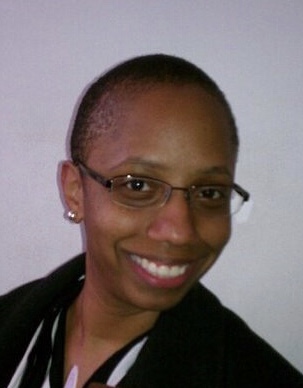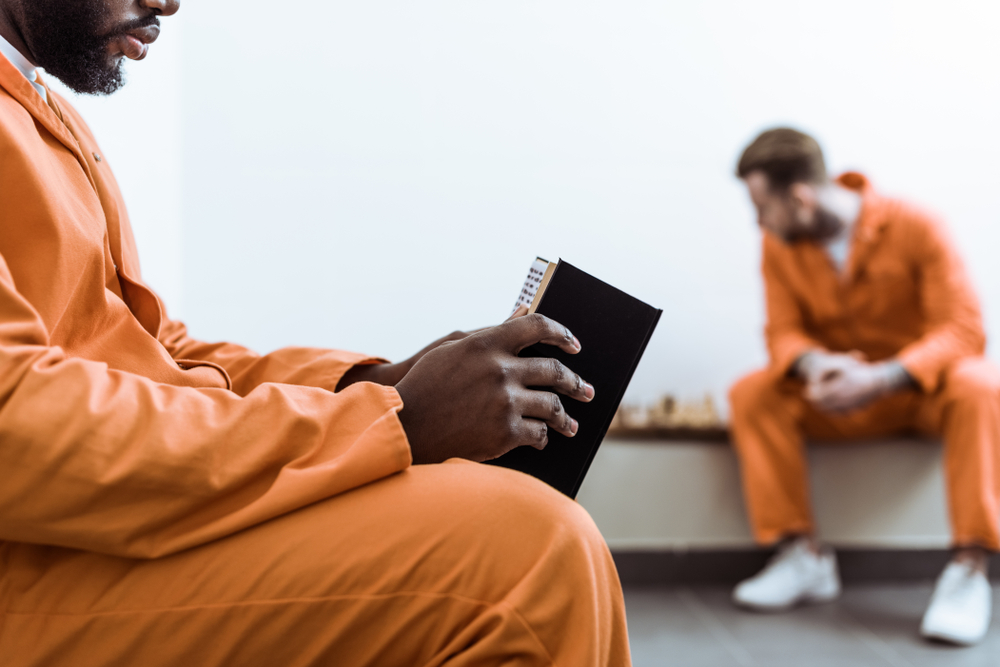![]() Current conversations about the benefits of providing higher education in correctional facilities revolve primarily around the notion that a postsecondary credential will improve a formerly incarcerated person’s chances of finding employment post-release. There is copious research that demonstrates this phenomenon.
Current conversations about the benefits of providing higher education in correctional facilities revolve primarily around the notion that a postsecondary credential will improve a formerly incarcerated person’s chances of finding employment post-release. There is copious research that demonstrates this phenomenon.
This idea that the provision of higher education in prisons is worthwhile solely because it serves an economic good is incomplete and, in fact, is reductionist. This can remove one’s agency and relegate their choice to engage in intellectual and academic enrichment and fulfillment to mere transactional motivation.
For more information on Racial-Ethnic Fairness, go to JJIE Resource Hub | Racial-Ethnic Fairness
What this glosses over is the fact that race still plays a significant role in post-release employment outcomes even when factoring in increased educational attainment. Study after study after study have found that black folks released from custody continue to struggle to find employment at rates higher than their white counterparts. In some instances, white formerly incarcerated people with lower educational attainment are able to secure employment at higher rates than their black peers with higher educational attainment.

Erin Corbett
So, if the deck is still stacked from a race/ethnicity perspective, do we throw the baby out with the bath water? Do we halt the progress made in offering postsecondary courses behind bars? Absolutely not.
Because this summarily ignores the personally transformative power of education. Education forefather John Dewey wrote in 1916 in “Democracy and Education: An Introduction to the Philosophy of Education” that “Knowledge is humanistic in quality not because it is about human products in the past, but because of what it does in liberating human intelligence and human sympathy. Any subject matter which accomplishes this result is humane, and any subject matter which does not accomplish it is not even educational.”
His understanding of the role of education, in general, was as much social as it was academic. He noted that, “Mind as a concrete thing is precisely the power to understand things in terms of the use made of them; a socialized mind is the power to understand them in terms of the use to which they are turned in joint or shared situations.”
Activism and social justice
Dewey knew early on what, almost five decades later, the inimitable James Baldwin highlighted in “A Talk for Teachers”: “[T]hat one of the paradoxes of education [is] that precisely at the point when you begin to develop a conscience, you must find yourself at war with your society. It is your responsibility to change society if you think of yourself as an educated person.”
This quotation embodies the very nature of education’s altering of personal trajectory. In becoming more educated, more learned and more aware of one’s surroundings and the society within which one is situated, one must simultaneously understand what one needs to do to change the oppressive systems under which one lives.
Grassroots activism and social justice reform have roots in the education of the incarcerated. Nelson Mandela, fortunate enough to have had exposure to traditional education, spent a good deal of time teaching his fellow inmates to the extent that Robben Island Prison became unofficially known as “The Nelson Mandela University.”
Malcolm X, after many years spent engaging in illegal activities and ending up in prison, became so learned — without the benefit of a traditional college education — that his knowledge of self and the world catapulted him to a global stage as he spoke initially on behalf of the Nation of Islam and then, post-Mecca, on behalf of himself and the Organization of Afro-American Unity. X’s talent for rhetoric, reason and oration came not from amassing 60 credits for an associate’s degree, but from a dedication to his own intellectual growth.
Paulo Freire talks about the instructional methodology, critical pedagogy, as a way to intentionally teach people about their role in the world, the moral imperative to fight oppression and the ways in which the reconstruction of knowledge within and for oneself can accomplish that. The role of education, he believed, was to arm those under the yoke of oppression and discrimination to fight against their oppressors.
Yes, the dollars and cents add up when making logical, practical arguments for providing higher education in correctional facilities. But an overemphasis on the transactional, economic merits obscures the fact that access to education, at all levels, needs to be recognized and acknowledged as a human right.
Erin Corbett is chief executive officer of Second Chance Educational Alliance and senior research analyst of the Institute for Higher Education Policy. With more than two decades in education access, her commitment to expanding postsecondary opportunities for all populations has served as the foundation of her professional endeavors.

Well done, Dr Erin Corbett! Thank you for sharing your learning.
Thanks for your contribution, Erin! Economic arguments are politically expedient, but if we are not firmly grounding our work in humanizing people in prison and increasing social justice, then we are not really making any progress at all.
Hear hear Dr Corbett! This could not be more real and true, nor more necessary at this most important juncture in our social and political development.